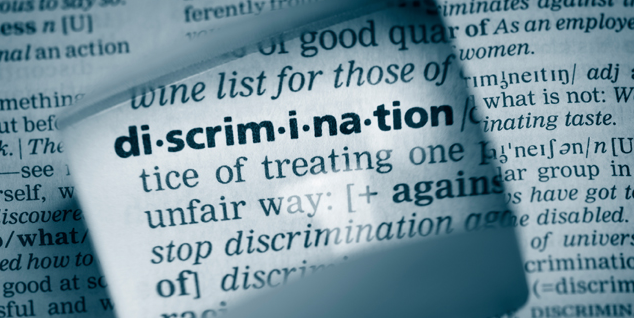Will religious organisations continue to receive exemptions to discriminate under the proposed Religious Discrimination Act?

Following the Coalition’s surprise election victory last month, religious discrimination laws appear to be one of the first issues to be considered by the new federal parliament. Attorney-General Christian Porter has confirmed he will, in the near future, present a “largely uncontroversial” bill to parliament to prevent religious discrimination. Whilst the exact content of the bill at this stage remains unclear, one aspect that is likely to be highly controversial, contrary to Porter’s description, is the extent to which religious discrimination / freedom is regulated in the workplace.
Given the debate and introduction of the bill is occurring in the context of Rugby Australia’s sacking of Israel Folau following his social media posts about gay people and adulterers going to hell, much of the public discussion has been focused on the protection of people’s religious views in the workplace. Ex-Deputy Prime Minister Barnaby Joyce has expressed that the bill should specifically exempt religious beliefs from employment contracts whilst Tasmanian Senator Eric Abetz has written to the Fair Work Ombudsman and the Australian Human Rights Commission asking both bodies to look into whether any laws were breached by Rugby Australia. Specifically, Senator Abetz commented that “the common understanding of the Fair Work Act from all parties is that workers cannot be sacked over their religious views”. Senator Abetz noted that the proposed religious freedom / discrimination laws cannot be properly considered until it is clear how the current laws on the issue are working.
Whilst Senator Abetz is clearly keen to ensure those sharing his Christian beliefs, such as Folau, are protected in their workplace under both the current or proposed laws, ironically his comments may inadvertently draw attention back to an inconsistency that exists under our current laws. That is, whilst it is unlawful under some state anti-discrimination legislation and the Fair Work Act 2009 (Cth) for ordinary employers to fire someone or treat them differently to other employees because of that employee’s religion (or other protected attributes such as sexual orientation, marital status, sex, etc), there are exceptions in place for religious employers. These exceptions mean that religious bodies, such as religious schools, can fire or refuse to hire someone if they have different religious beliefs (including no religious beliefs) or because of the employee’s sexual orientation, marital status or gender identity. This is allowed provided it is in “good faith in order to avoid injury to the religious susceptibilities of adherents of that religion”.
Currently, this means a pro-LGBTQI organisation would not be able to refuse to employ someone whose religious beliefs did not align with the organisation’s beliefs, for instance, because that person’s religious beliefs meant they held traditional views on marriage (ie that it should be between a man and woman). However, a religious school could lawfully refuse to employ, or fire, a person who holds different religious beliefs or also because of their sexual orientation, marital status etc (provided it is against the teachings of their religion). This example is not hypothetical either, as a Perth teacher lost his job last year after informing his school he was in a same-sex relationship. The school later confirmed that the teacher, Craig Campbell, had been let go because of “an inconsistency with his beliefs on sexuality and the college’s beliefs”.
The issue is obviously a highly complex one as the rights of people to practice their religion and the rights of people not to be discriminated against because of their sexual orientation, sex or marital status both need to be balanced. In my view, the exemptions for religious employers as they currently exist are too broad, but it is highly unlikely the Coalition will completely remove them from their proposed Religious Discrimination Bill.
However, one possible solution that would narrow the scope of the exemptions whilst still respecting the rights of religious organisations to practice their religion could be to implement an “inherent requirements” test. This would allow religious organisations to discriminate on the grounds of their religious beliefs, but only where this is justified in relation to the inherent requirements of the position. For example, the inherent requirements of a particular position may require a person to carry out a religious service or provide pastoral care in line with that religion’s teachings. It is obvious in that situation that a person who is an atheist, or a Muslim person applying for a job at a Catholic Church, would not be able to carry out the inherent requirements of the role, so discrimination in this instance would be permissible. In contrast, school teachers, such as Mr Campbell, who teach subjects with no need for religious knowledge like maths or English could not be discriminated against due to their religious beliefs (or lack thereof) or because of their sexual orientation.
This is a very complicated area of law, involving a number of intersecting rights. It will be interesting to see how the Morrison Government goes about finding the right balance for the rights of everyone.
This content is general in nature and provides a summary of the issues covered. It is not intended to be, nor should it be relied upon, as legal or professional advice for specific employment situations.